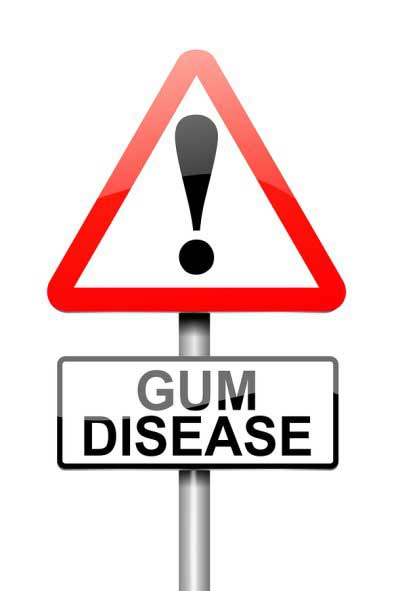The Risks of Untreated Gum Disease

Mild to moderate gum disease in Westlake is entirely reversible, as long as you seek treatment from a dentist early on. A dentist can almost always detect early gum disease during routine dental cleaning. By scheduling regular teeth cleanings and practicing good oral hygiene habits, you can prevent the painful side effects of gum disease. If gum disease goes untreated and is allowed to advance to periodontal disease, the effects are irreversible. Read on to find out how untreated gum disease causes severe pain, lost teeth, and other health risks.
Severe Pain
Gum disease, or gingivitis, often has no side effects at all. But if allowed to progress unchecked, gum disease develops into periodontitis, which is an extremely painful condition. Periodontal disease causes the gums to become tender, red, and inflamed. Patients often experience significant pain when eating, brushing, and flossing. The gums may also bleed and pull away from the teeth. Additionally, a dentist often treats patients who have sores in the mouth or pus between the gums and teeth due to this infection.
Lost Teeth
Because the periodontal disease causes the gums to recede, or pull back from the teeth, the teeth often become loose in the mouth. No longer safely secured by the gums, the teeth are at risk of falling out. At this stage of advanced periodontal disease, the damage to the gums can be irreversible. While a dentist can offer solutions to missing teeth like dental implants and dentures, it is essential to seek treatment as soon as possible for the best prognosis.
Other Diseases
Untreated gum disease is also associated with many other health risks, including heart disease, diabetes, cancer, and osteoporosis. While the links are not entirely clear, people with diabetes are more likely to have periodontal disease, and vice versa. In fact, gum disease is often considered a complication of diabetes. Additionally, the inflammation caused by periodontal disease can exacerbate existing heart conditions and is linked to the development of heart disease.
